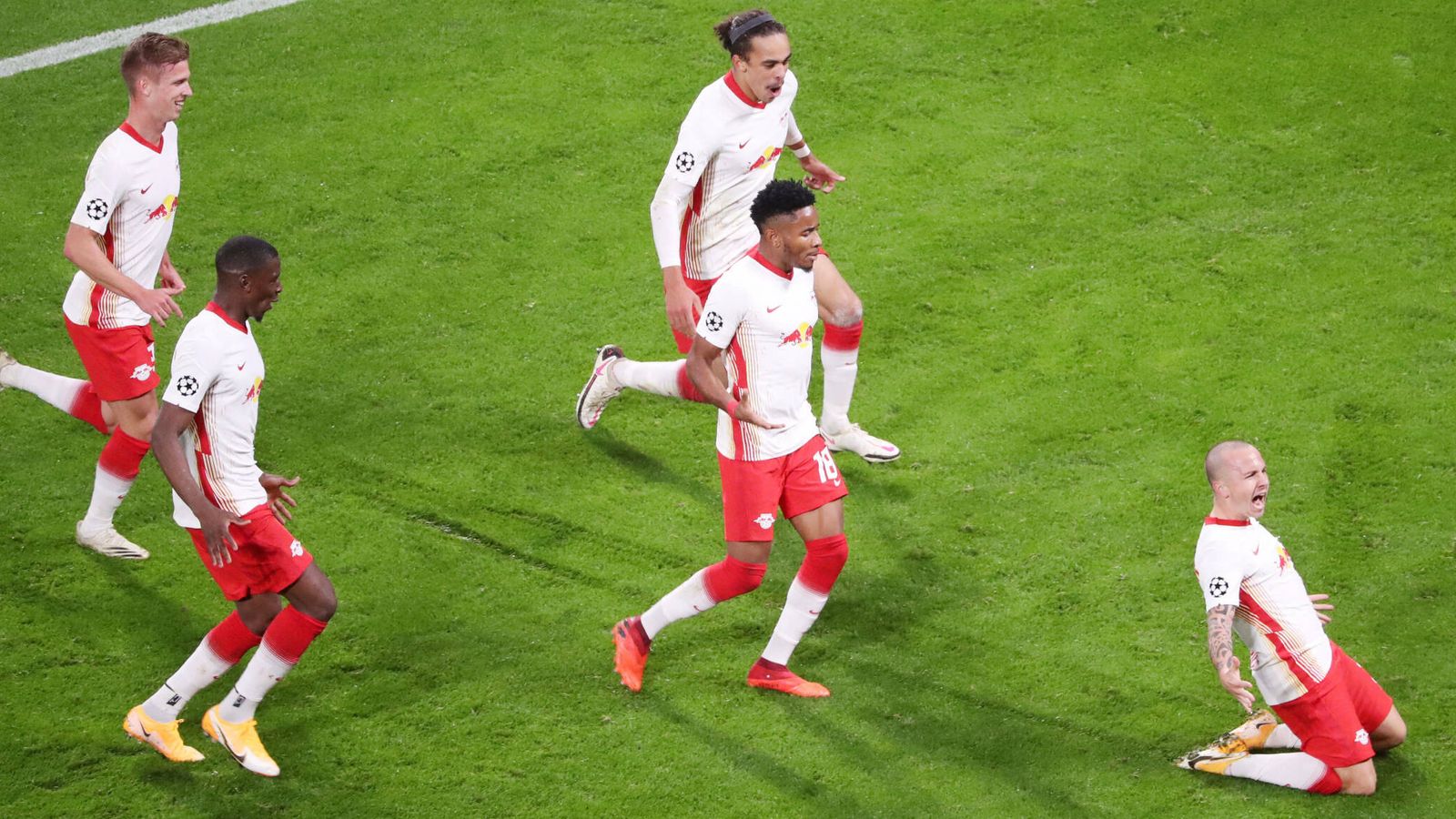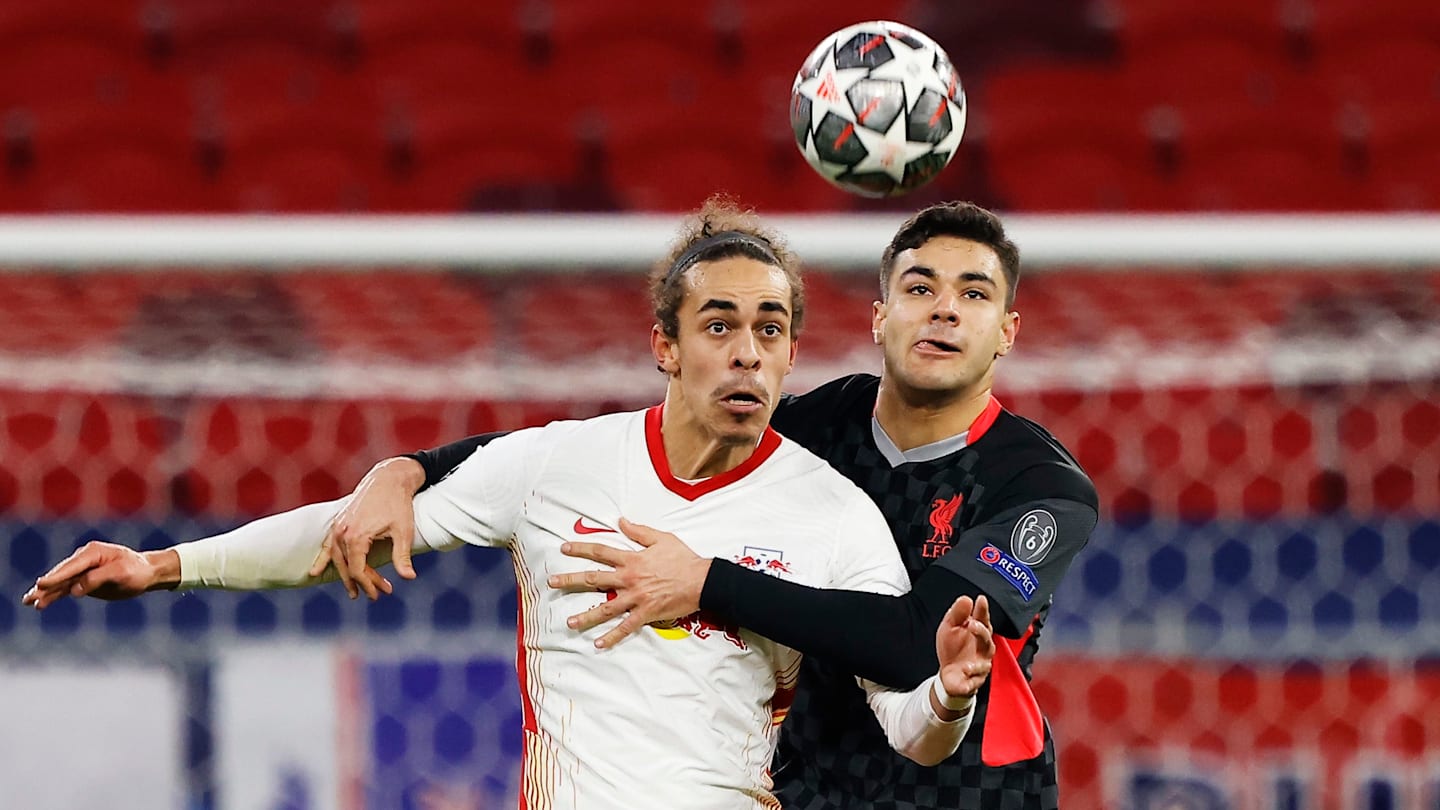In recent years, the landscape of European football has witnessed a significant transformation driven by the principles of sustainability, both on and off the pitch. One of the most notable examples of this paradigm shift is RB Leipzig, a club that has rapidly ascended to prominence in the Bundesliga and European competitions. Through innovative strategies, a commitment to youth development, and a unique business model, RB Leipzig is not just achieving success but is also redefining what it means to be a sustainable football club.
The Rise of RB Leipzig

Founded in 2009, RB Leipzig has quickly become a powerhouse in German football. The club was established by Red Bull GmbH, a company known for its marketing prowess and investment in sports. Within a decade, RB Leipzig climbed from the fifth tier of German football to the Bundesliga, finishing as runners-up in the league in 2017 and consistently challenging for top honors.
A New Business Model

RB Leipzig operates under a business model that emphasizes efficiency, innovation, and sustainability. Unlike many traditional clubs that rely heavily on ticket sales and merchandise, RB Leipzig leverages the financial backing of Red Bull while maintaining a focus on long-term growth and stability. Here are some key elements of their business model:
- Investment in Youth: RB Leipzig places a strong emphasis on developing young talent through its youth academy. The club invests heavily in scouting and training young players, ensuring a steady pipeline of talent for the first team.
- Data-Driven Decisions: Utilizing advanced analytics and data science, Leipzig makes informed decisions regarding player recruitment, training regimens, and in-game strategies, which contribute to their competitive edge.
- Community Engagement: The club actively engages with the local community, promoting football at the grassroots level and fostering a loyal fan base.
Innovative Player Development
One of the most impressive aspects of RB Leipzig’s approach is its commitment to youth development. The club’s academy has produced several high-profile players who have gone on to achieve significant success in top European leagues. For instance, players like Dayot Upamecano and Nordi Mukiele have made a name for themselves after rising through the ranks at Leipzig.
This focus on nurturing talent is not just beneficial for the players; it also serves as a sustainable model for the club’s financial health. By developing players in-house, RB Leipzig can minimize transfer costs and generate revenue through player sales. According to a report from Transfermarkt, RB Leipzig has seen a 100% increase in player values since its Bundesliga promotion in 2016, showcasing the effectiveness of their development strategy.
Environmental Sustainability Initiatives

In alignment with the global push for environmental sustainability, RB Leipzig has undertaken various initiatives to reduce its carbon footprint. The club’s commitment to sustainability is evident in several areas:
- Stadium Practices: The Red Bull Arena implements energy-efficient systems, and the club has made efforts to reduce waste and promote recycling during match days.
- Green Transportation: RB Leipzig encourages fans to use public transportation by offering discounts on tickets for those who travel via train or bus to games.
- Carbon Offsetting: The club has initiated programs to offset their carbon emissions, including planting trees and investing in renewable energy projects.
Strategic Partnerships
RB Leipzig has also strategically partnered with various organizations to further enhance its sustainability efforts. For example, the club collaborates with local businesses and environmental organizations to promote sustainable practices within the community. This not only strengthens community ties but also enhances the club’s brand image as a responsible entity.
Performance on the Pitch
The combination of a robust business model, a commitment to youth development, and sustainable practices has translated into impressive performances on the pitch. RB Leipzig has consistently challenged for domestic trophies and made significant strides in European competitions, reaching the UEFA Champions League semifinals in 2020 and the final in 2021. Their style of play, characterized by high pressing and fast transitions, has garnered attention and respect from football enthusiasts worldwide.
The RB Leipzig Fan Experience
Part of RB Leipzig’s success can be attributed to its focus on enhancing the fan experience. The club understands that a loyal fan base is crucial for long-term sustainability. Therefore, they have taken steps to ensure that fans feel engaged and valued:
- Affordable Ticket Pricing: The club offers competitive pricing for match tickets, making it accessible for a larger segment of the population.
- Interactive Fan Events: RB Leipzig organizes events such as meet-and-greets with players, training sessions open to the public, and community outreach programs.
- Digital Engagement: The club has harnessed social media and digital platforms to connect with fans, providing behind-the-scenes content and interactive experiences.
Challenges and Criticisms
Despite its successes, RB Leipzig has faced criticism, particularly regarding its ownership structure and the implications of being backed by a corporation. Critics argue that the club’s rapid rise can undermine the traditional values of football, such as community ownership and fan engagement. Additionally, the club’s relationship with Red Bull has raised questions about the commercialization of sports and its impact on competitive integrity.
However, RB Leipzig has taken steps to address these criticisms by emphasizing their commitment to community involvement and sustainable practices. They aim to demonstrate that it is possible to achieve success while respecting the essence of the sport.
Conclusion: A Blueprint for Sustainable Success

RB Leipzig’s ascent in European football is a testament to the power of innovative thinking and sustainable practices. By focusing on youth development, environmental responsibility, and community engagement, the club has crafted a model that other organizations can aspire to emulate. While challenges remain, RB Leipzig’s commitment to balancing success with sustainability offers valuable lessons for the future of football.
As the world continues to grapple with pressing environmental and social issues, the approach taken by RB Leipzig serves as an inspiring example of how sports can lead the way in sustainability. Through their initiatives, the club is not only changing the game but also contributing to a more sustainable future for football.


